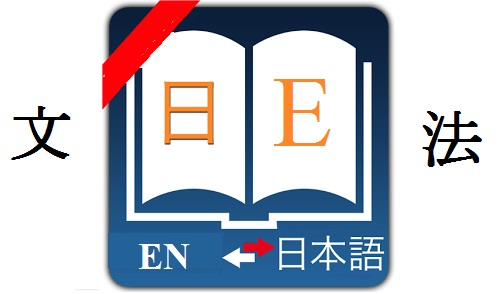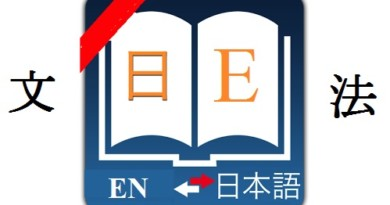Japanese っぽい grammar ppoi

Let’s learn Japanese っぽい grammar ppoi :
Contents
Japanese っぽい grammar ppoi
JLPT level : N3
Formation :
Nっぽい
Vます(remove ます)+っぽい
Combine with N or V to make an Adjective ending with い
Meaning and how to use :
Means “feel like..”, “have characteristic that is simillar to…”. っぽい is ussually have bad meaning, with good meaning we use らしい instead
For example
1. 彼は会社員になったのに子供っぽいですね。
Kare ha kaisha in ni natta noni kodomo ppoi desu ne.
He acts like a child though he has worked in this company
2. 妹は飽きっぽくて、何でもしたいと言っても、途中でやめてしまう。
imouto ha aki ppoku te, nani demo shi tai to itte mo, tochuu de yame te shimau.
My sister is soon hot, soon cold, she gives up everything that she ever said she like them.
3. これは酒と言われても、水っぽいです。
kore ha sake to iware te mo, mizuppoi desu.
Though this is alcohol, it tastes like water.
4. 哀れっぽい声を出したって駄目だよ。
aware ppoi koe o dashi ta tte dame da yo.
You mustn’t complain.
5. 彼女は奇麗な外見がありますが、性格は男っぽいですよ。
kanojo ha kirei na gaiken ga ari masu ga, seikaku ha otoko ppoi desu yo.
She has a beautiful appearance, but she acts like a boy.
With color nouns likes 赤、白 … it has meaning : have the color that quite similar, nearly similar to that color
With verbs like 怒る、忘れる … it has meaning : that person has that characteristic
Related structures :
らしい rashii
Ref : tuhoconline
above is Japanese っぽい grammar ppoi. if you don’t understand the signs we used in fomation, you can find their meaning here : signs used in Japanese grammar structures.
You can search the structure you want by using the search tool on our website (using key : grammar + ‘structure name’ or you can find more Japanese grammar structures in the following category : Japanese grammar dictionary
